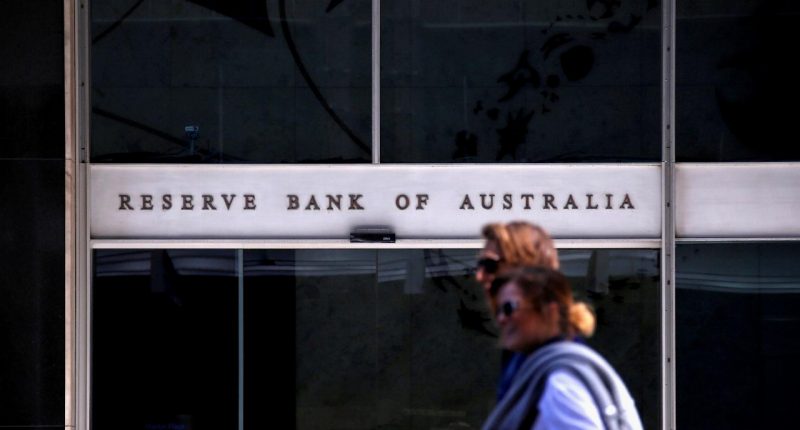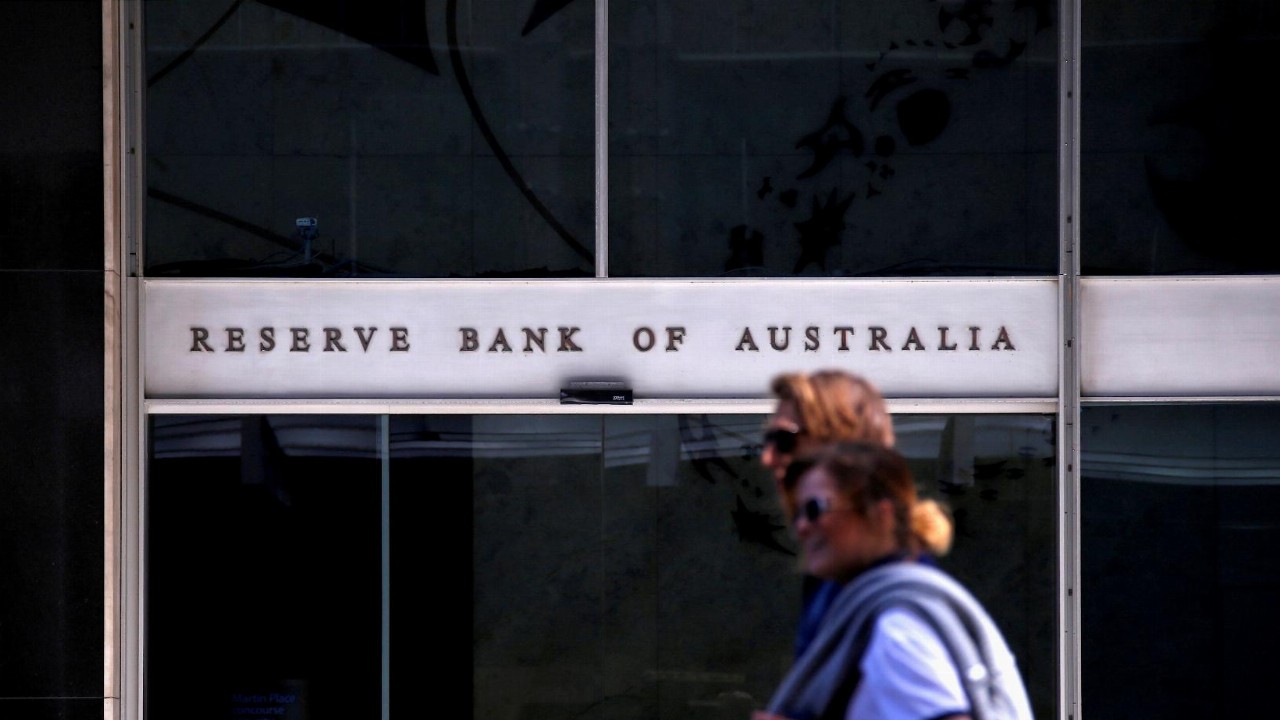- The Reserve Bank hikes interest rates by 50 basis points to take the cash rate to 0.85 per cent — its biggest single-month rates increase in over two decades.
- It’s the second rats increase in two months as the RBA works to bring rising inflation under control
- RBA Governor Philip Lowe says the bank expects inflation to continue to increase over the year before returning to the target range of between two and three per cent in 2024
- Dr Lowe says despite rising inflation, the Australian economy has remained resilient, growing by 0.8 per cent in the March quarter and 3.3 per cent over the year
- As such, today’s cash rate increase is a further step in the withdrawal of the “extraordinary” monetary support put in place to help get the Australian economy through the pandemic
The Reserve Bank has hiked interest rates by 50 basis points to take the cash rate to 0.85 per cent — its biggest single-month rate increase in over two decades.
This marks the second rate increase in as many months as the RBA works to get ahead of rising inflation.
Reserve Bank Governor Philip Lowe said while inflation in Australia was still lower than in many other countries, it had increased “significantly” in recent months and was higher than earlier expected.
“Global factors, including COVID-related disruptions to supply chains and the war in Ukraine, account for much of this increase in inflation,” Dr Lowe said.
“But domestic factors are playing a role, too, with capacity constraints in some sectors and the tight labour market contributing to the upward pressure on prices.”
Australia’s underlying inflation rate hit 5.1 per cent over the March quarter. Dr Lowe said the RBA expected prices to continue to rise this year before declining back towards the bank’s target range of between two and three per cent in 2023.
While economic analysts and banks were largely expecting a rates hike, most had pegged the increase at either 25 or 40 basis points — meaning the 50-point increase came as something of a surprise.
The effect on the share market was immediate: the benchmark ASX 200 index had already been trading in the red but deepened its loss from 0.9 per cent to 1.6 per cent in the minutes after the RBA announcement.
The rates increase will likely add pressure to homeowners who are already feeling the pinch of higher food and energy prices, but the RBA Governor said despite rising inflation, the Australian economy had remained resilient, growing by 0.8 per cent in the March quarter and 3.3 per cent over the year.
“Household and business balance sheets are generally in good shape, an upswing in business investment is underway, and there is a large pipeline of construction work to be completed,” Dr Lowe said.
He added that the economy was also being supported by a strong labour market.
While housing prices remain 25 per cent higher than they were before the pandemic hit, household saving has also increased as Australians strive to build up financial buffers.
As such, the Reserve Bank said its central scenario was for strong household consumption growth this year, though the bank planned to monitor household spending closely.
In any case, the bank said today’s cash rate increase was a further step in the withdrawal of the “extraordinary” monetary support put in place to help get the Australian economy through the pandemic.







